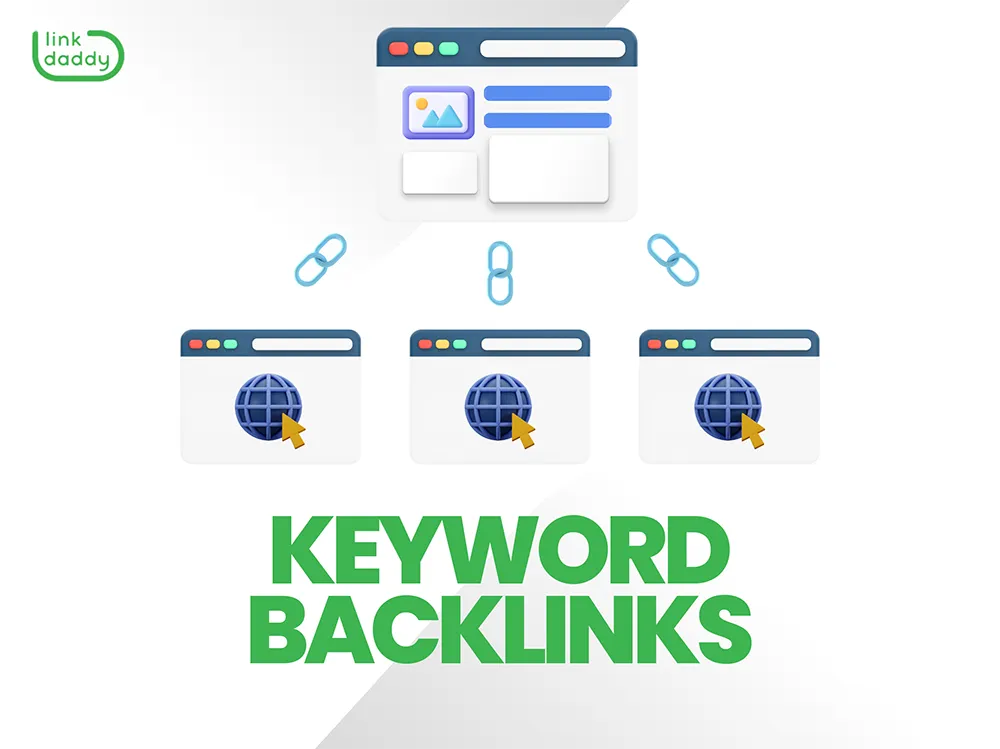Maximizing Cloud Services Impact: LinkDaddy Expert Insights
Maximizing Cloud Services Impact: LinkDaddy Expert Insights
Blog Article
Recognizing the Different Kinds of Cloud Providers and Their Usages
From Infrastructure as a Service (IaaS) to Software Application as a Service (SaaS), each kind of cloud solution offers a distinct purpose and provides distinct advantages. By exploring the nuanced functionalities and applications of each cloud solution, one can browse the complexities of cloud computing with precision and foresight.
Infrastructure as a Service (IaaS)
Infrastructure as a Solution (IaaS) gives users with virtualized computing sources online on a pay-as-you-go basis. This cloud computing design provides important IT infrastructure such as virtual devices, storage space, and networking without the need for organizations to spend in and manage physical servers and data centers. With IaaS, individuals can scale resources up or down based on their demands, offering flexibility and cost-efficiency.
One of the key benefits of IaaS is its capability to quickly stipulation and release infrastructure parts, allowing organizations to react quickly to transforming demands and market problems. By outsourcing framework monitoring to the provider, organizations can concentrate a lot more on their core company activities instead of taking care of the intricacies of hardware maintenance and upgrades.
Additionally, IaaS provides a high level of dependability and safety and security, with suppliers typically supplying robust information backup, calamity recovery, and cybersecurity procedures. This helps make certain that crucial service operations continue to be uninterrupted and information continues to be shielded against possible hazards. universal cloud Service. Generally, Facilities as a Solution streamlines IT operations, improves scalability, and minimizes capital investment for services of all dimensions
Platform as a Service (PaaS)
Building upon the foundation of Facilities as a Service (IaaS), System as a Service (PaaS) offers an extensive atmosphere for designers to develop, deploy, and manage applications without the complexities of underlying facilities management. PaaS gives a platform with devices and solutions that streamline the growth procedure, enabling developers to concentrate on writing code and structure applications instead of managing framework problems.

Software as a Solution (SaaS)
Software Program as a Service (SaaS) transforms the method companies gain access to and make use of software applications by using them on a membership basis through cloud providers. This cloud computing design removes the need for companies to preserve and set up software program on individual devices, as every little thing is hosted and managed centrally in the cloud.
SaaS provides an economical solution for companies as they just pay for the software program they make use of without the added costs of hardware upkeep or software updates. It also informative post provides scalability, enabling business to easily readjust their software program needs based upon their demands.
In addition, SaaS applications can be accessed from any device with a web connection, promoting cooperation and versatility among remote teams. Safety is a top priority in SaaS, with carriers implementing durable procedures to shield information saved in the cloud.
Popular examples of SaaS include customer connection administration (CRM) software like Salesforce, performance tools like Microsoft Workplace 365, and cooperation systems like Google Work space. SaaS continues to obtain grip in the organization world due to its comfort, scalability, and cost-efficiency.
Feature as a Service (FaaS)
With the advancement of cloud services like Software as a Solution (SaaS) enhancing software application delivery, Feature as a Service (FaaS) stands for a paradigm shift in just how code is performed in a serverless setting. FaaS allows developers to compose and carry out specific functions or items of code in reaction to particular events without the need to handle the framework. This serverless computing version allows programmers to concentrate only on creating code to apply particular performances, without concerning themselves with the underlying infrastructure or web server monitoring.
Among the vital benefits of FaaS is its capacity to range instantly based upon the inbound work. Functions are performed in stateless containers that are spun up and down as needed, guaranteeing optimal source application and cost-effectiveness. FaaS is especially beneficial for event-driven and microservices designs, where code execution is activated by occasions such as HTTP demands or database updates. By abstracting the infrastructure layer, FaaS simplifies advancement, accelerates time to market, and boosts total agility in deploying cloud-native applications.
Storage as a Service (STaaS)
A fundamental element in cloud computer, Storage space as a Solution (STaaS) offers individuals with a effective and scalable service for managing information storage needs. STaaS permits organizations to keep and Bonuses recover data from remote servers using the web, removing the requirement for on-premises equipment. This solution supplies adaptability by enabling customers to pay just for the storage space they use, making it an affordable remedy for services of all dimensions.

STaaS is particularly advantageous for services with fluctuating storage space needs, as it provides a trusted and safe storage space service without the need for considerable in advance investments. By leveraging STaaS, organizations can enhance their data management processes, enhance accessibility, and enhance information protection in a cost-effective manner.

Conclusion
To conclude, understanding the various kinds of cloud solutions and their uses is essential for businesses and people wanting to take advantage of the benefits of cloud computer. Each kind of cloud solution uses one-of-a-kind advantages and capabilities, satisfying specific requirements and requirements. By using the ideal cloud service, organizations can boost their effectiveness, scalability, and flexibility in managing their IT infrastructure and applications. It is vital to examine the specific demands and goals prior to picking the proper cloud solution for optimum efficiency.
From Framework get redirected here as a Solution (IaaS) to Software as a Service (SaaS), each type of cloud service offers an one-of-a-kind purpose and supplies distinctive advantages. universal cloud Service. By exploring the nuanced capabilities and applications of each cloud service, one can navigate the complexities of cloud computer with accuracy and insight
With the evolution of cloud services like Software program as a Service (SaaS) streamlining software application shipment, Feature as a Solution (FaaS) stands for a standard shift in just how code is performed in a serverless environment.In final thought, comprehending the various types of cloud solutions and their uses is crucial for services and people looking to utilize the benefits of cloud computer. By making use of the ideal cloud service, organizations can improve their performance, scalability, and versatility in managing their IT infrastructure and applications.
Report this page